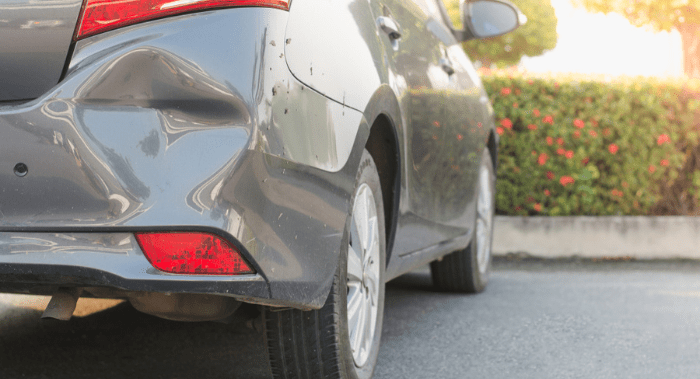Complete the form to schedule a free consultation with a traffic lawyer
Demystifying Hit and Run: Legal Obligations and Penalties

Hit-and-run incidents are serious offenses that can have severe legal consequences. When involved in a car accident, it is crucial to understand your legal obligations and the potential penalties associated with leaving the scene. In this article, we will delve into the details of hit-and-run incidents, exploring the legal obligations of drivers, the penalties for committing a hit-and-run, and the potential defenses available.
Legal Obligations
In the United States, drivers have a legal obligation to stop and exchange information after being involved in a car accident. Regardless of the extent of the damage or injuries, failing to stop is considered a hit-and-run offense. The specific legal obligations may vary from state to state, but generally, drivers must:
- Stop at the scene: After an accident, drivers are required to stop their vehicle at a safe location, preferably away from the flow of traffic. This allows them to assess the situation and exchange information with the other party involved.
- Provide identification and insurance details: It is essential to exchange personal identification, such as driver’s license and insurance information, with the other driver(s) involved in the accident.
- Render assistance: If someone is injured or requires medical attention, drivers must render reasonable assistance, such as calling emergency services or providing first aid, if capable.
Penalties for Hit and Run
The penalties for a hit-and-run offense can vary depending on the jurisdiction and the severity of the incident. Generally, hit-and-run offenses are classified as misdemeanors or felonies, with more severe penalties for felonies. Common penalties for hit-and-run offenses may include:
- Criminal charges: Hit-and-run offenses can lead to criminal charges, potentially resulting in fines, probation, or even imprisonment.
- License suspension or revocation: Convictions for hit-and-run offenses often lead to license suspension or revocation, meaning the offender cannot legally operate a motor vehicle for a specific period.
- Civil liabilities: In addition to criminal penalties, hit-and-run drivers may also face civil liabilities. This can include being held responsible for the victim’s medical expenses, property damage, and other related costs.
After a crash, it is not uncommon for drivers to act irrationally. A fight-or-flight response can occur due to the heightened stress of the situation. Despite this reality, it is crucial to both remain calm and at the scene.
It is also important to note that dashboard recording devices, surveillance cameras installed on porches, and electronic vehicles with built-in cameras are more commonplace than ever on the road. Bear this in mind if you find yourself in a collision.
There’s nowhere to run.
Defenses in Hit and Run Cases
While hit-and-run offenses are taken seriously, there are certain defenses that drivers may employ, depending on the circumstances surrounding the incident. Some possible defenses include:
- Lack of knowledge: If the driver genuinely had no knowledge of the accident occurring, they may have a defense. For example, if the driver did not realize they collided with another vehicle due to poor visibility or other circumstances.
- Fear for personal safety: In rare cases, if the driver can prove they left the scene due to a reasonable fear for their personal safety, it may serve as a defense. However, this defense is rarely successful and requires strong evidence.
Putting it All Together
Understanding the legal obligations and potential penalties associated with hit-and-run incidents is essential for all drivers. Remember, if involved in an accident, it is crucial to remain at the scene, exchange information, and render aid when necessary. Committing a hit-and-run can lead to criminal charges, license suspension, civil liabilities, and other severe consequences. By being informed and responsible, we can help ensure the safety and well-being of all individuals on the road.
If you have received a traffic ticket, then use TicketVoid.com’s free attorney matching service to get in touch with a lawyer who may be able to represent you in court and protect you from penalties such as hefty fines and jail time.
